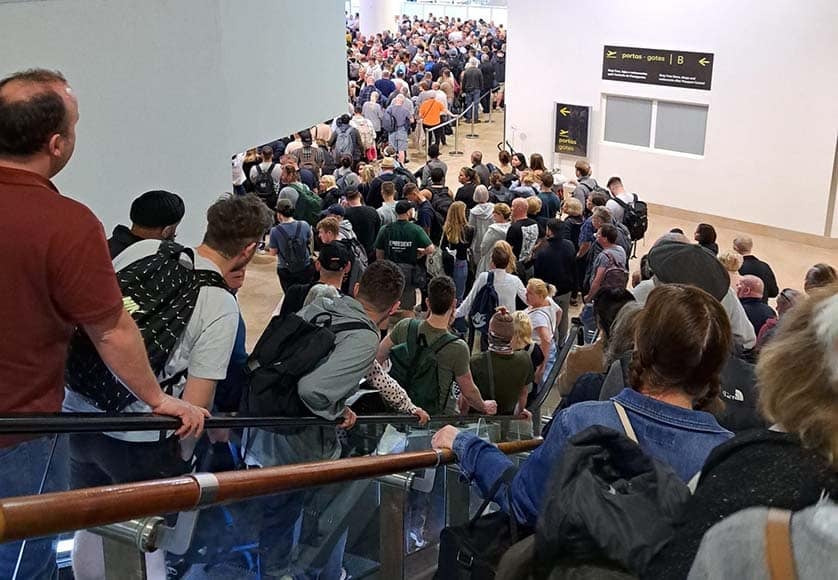
It is the 1960s, and Portugal has been a dictatorship for almost forty years. And a colonial power. Independence revolutions begin in its African colonies. In response, Portugal launched wars of “pacification”. But they have reached a dead end: they last about ten years, are expensive and tire the troops.
A protest was then organized among Portuguese army officers in 1973, who created the Movement for the Armed Forces (MFA). The Ministry of Foreign Affairs calls for an end to wars and political change. In this context, António de Spinola, governor and commander of the armed forces of Guinea, published a book in 1974. It called for democracy and progressive self-government for the colonies. This book had a bombshell effect in Portugal.
The Foreign Ministry launches a coup. After his first attempt in March, he took power on April 25, causing almost no casualties. This day is also called the Carnation Revolution, thanks to a Lisbon florist who distributed them to State Department soldiers. The colonies became mostly independent in 1975, following the coup. In 1976, the Portuguese Constitution was adopted, which is still in effect fifty years later.






